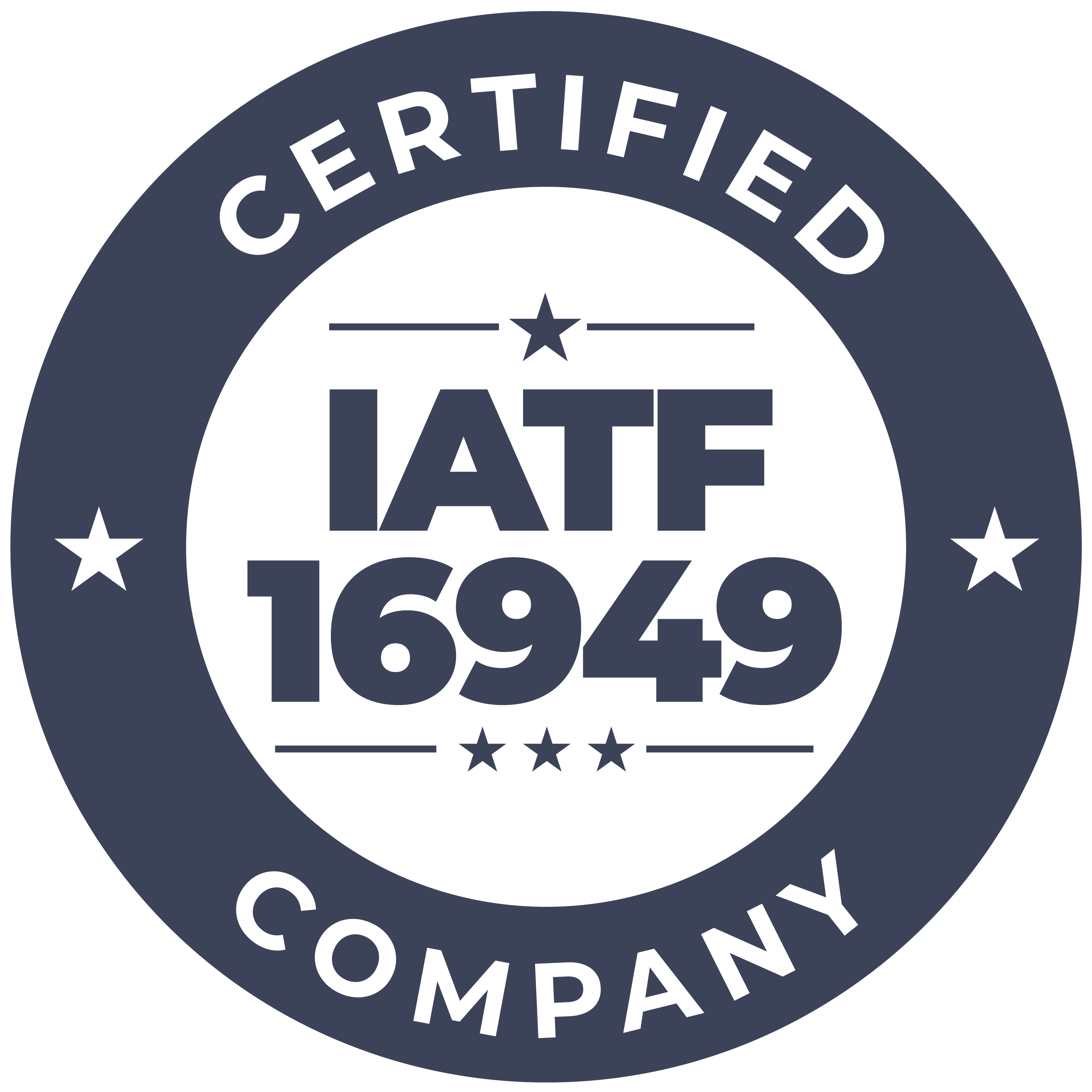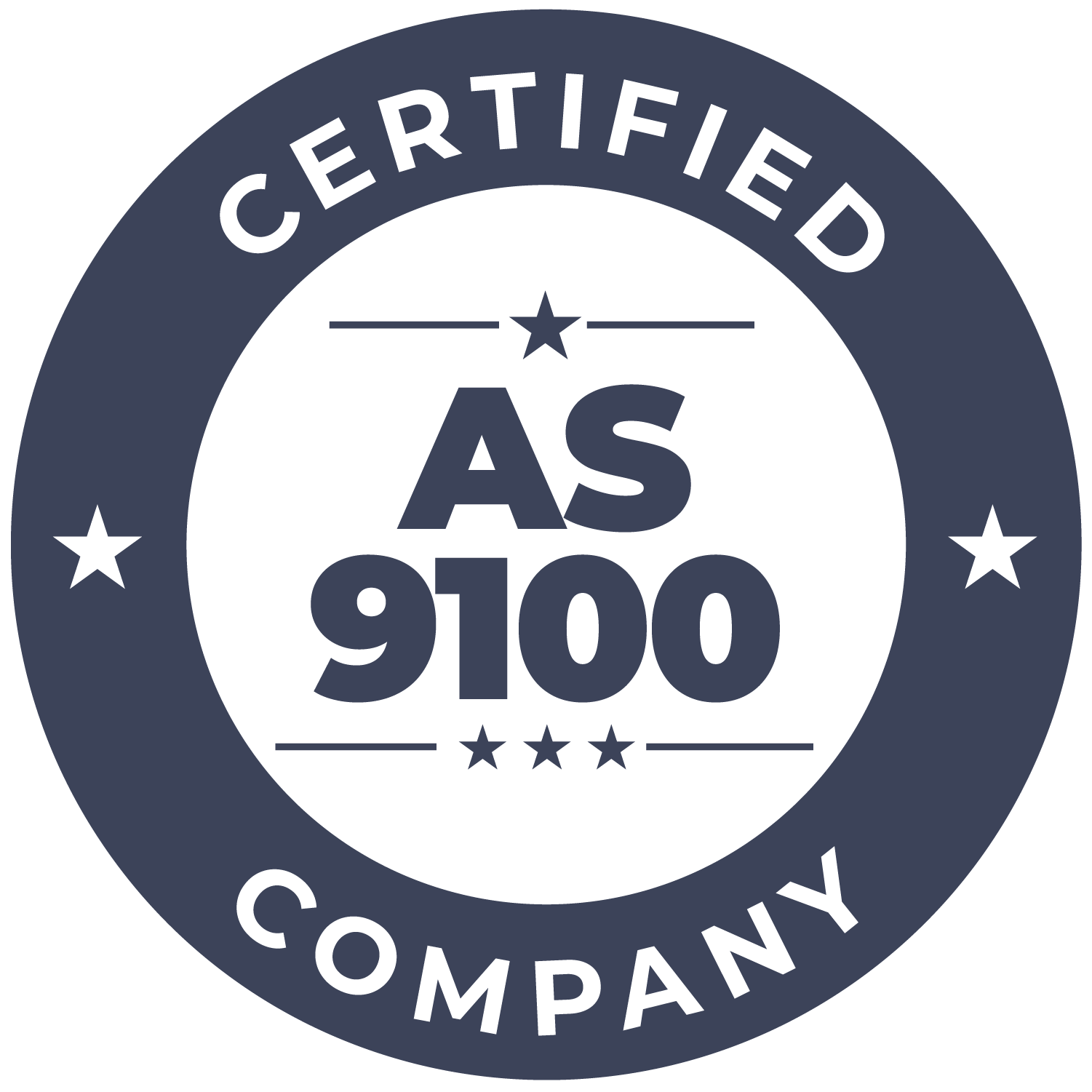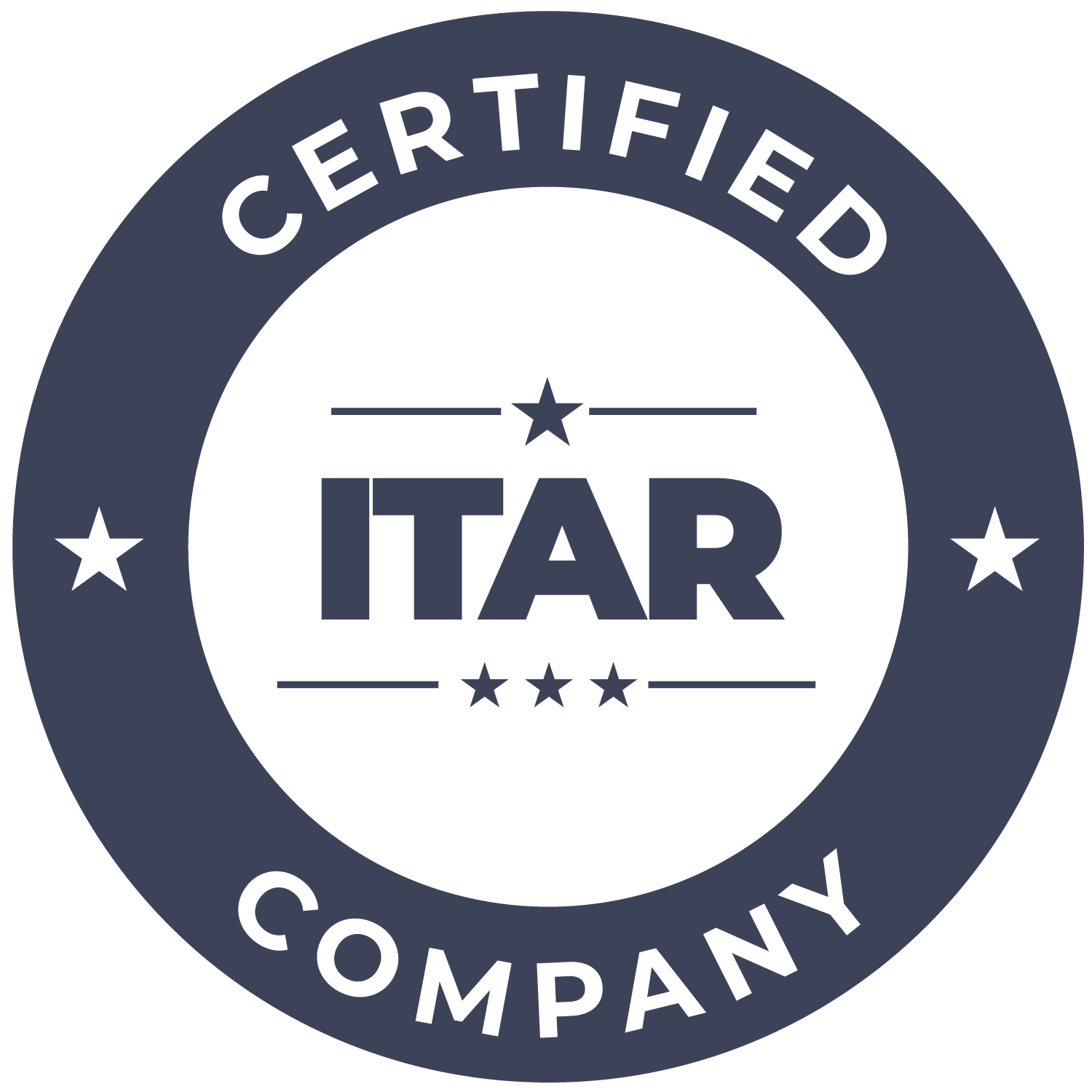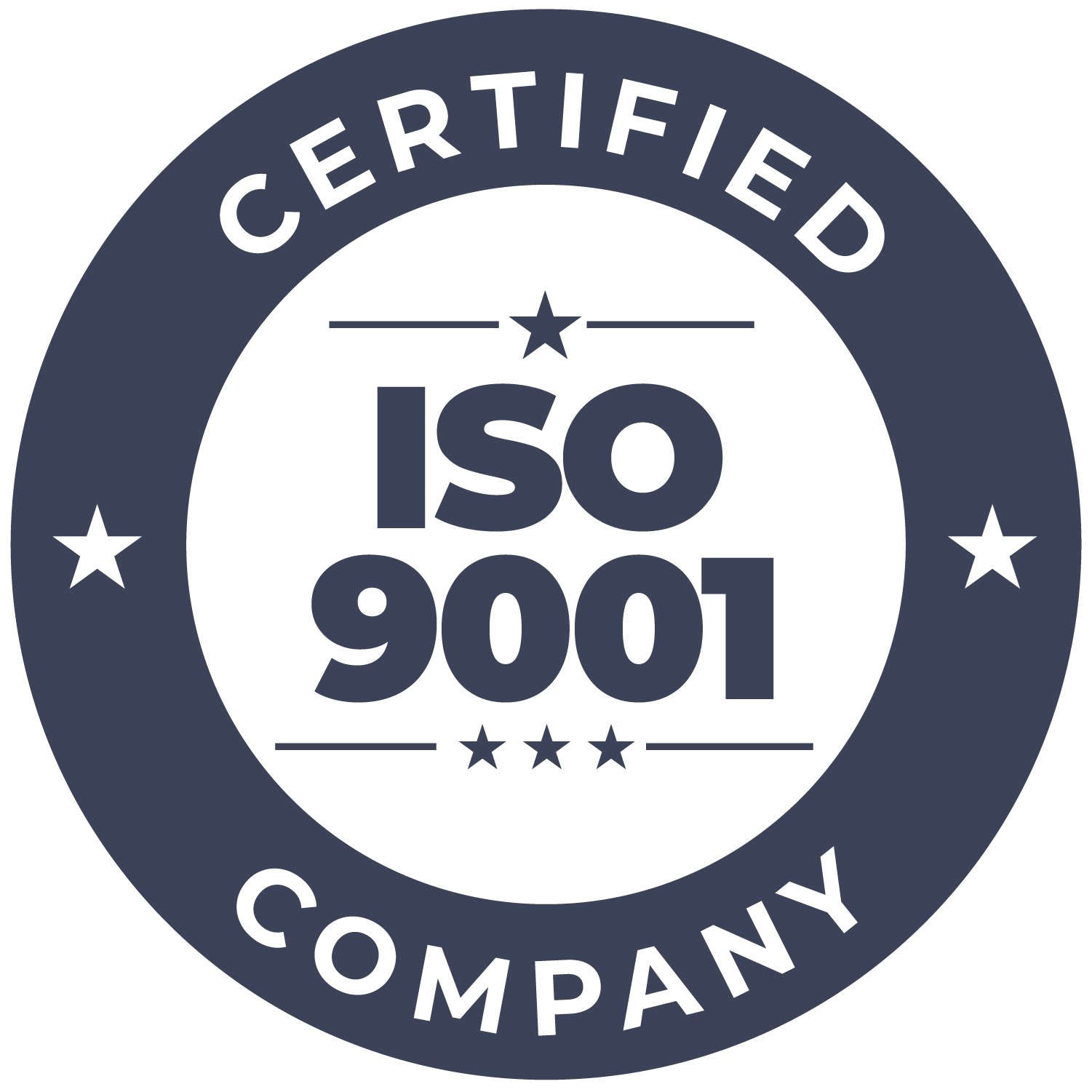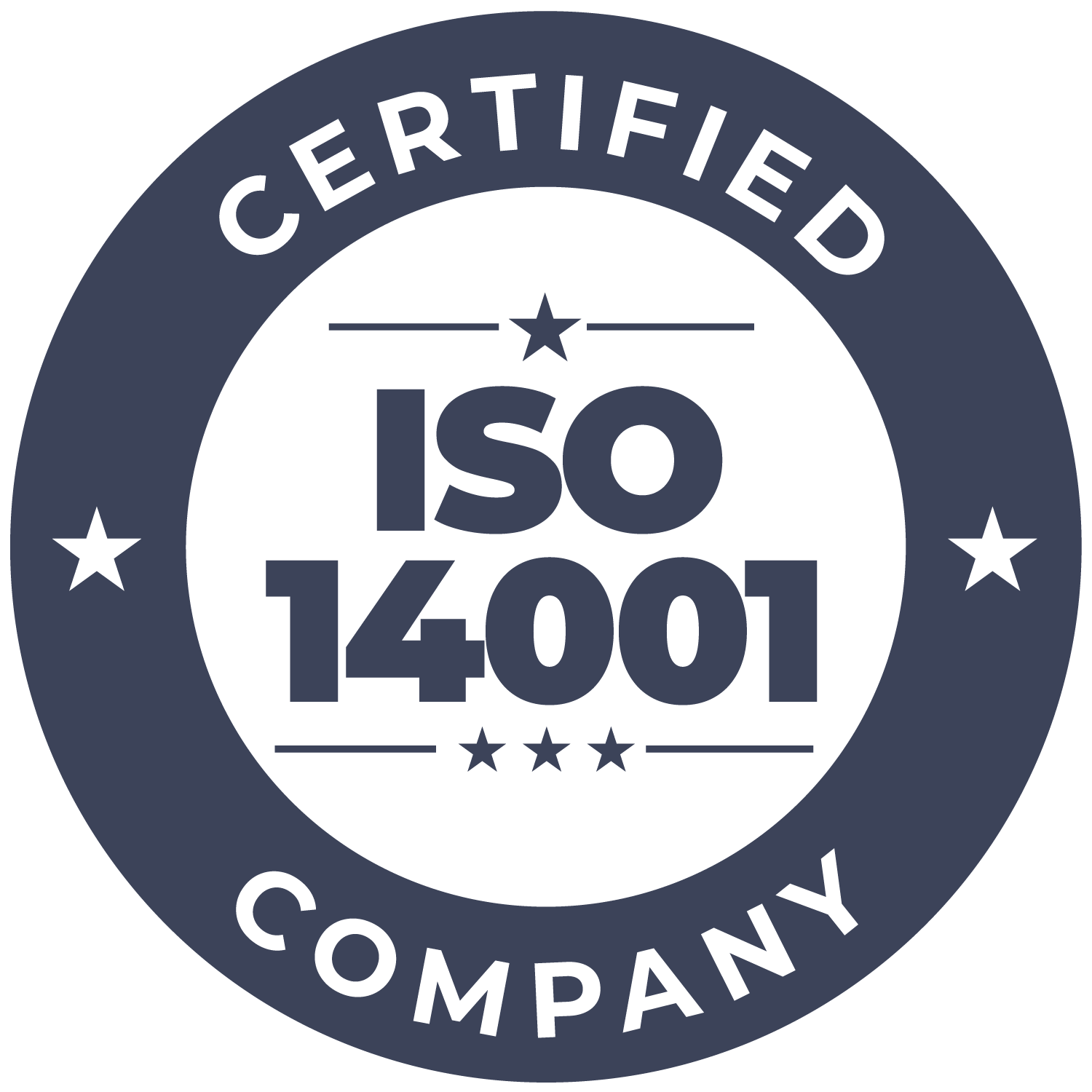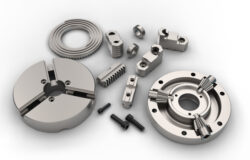In the United States, reshoring manufacturing has been on the upward trend for several years. Today, with supply chains recovering from pandemic disruptions and the U.S. government pushing incentives for locally-made products, more companies are turning to reshoring for their manufacturing needs.
In fact, according to an article from CNBC, mentions of re-shoring in S&P 500 companies ticked up by 128% compared to a year ago–a growth that even beat out mentions of AI.
In many ways, this is excellent news for the national economy. Reshoring manufacturing brings production back from overseas, providing job opportunities and stimulating economic growth. When it comes to business practices, choosing a local manufacturer for services like the production of metal parts can have significant impacts on your bottom line. However, there are a variety of other factors that businesses should consider when deciding whether to partner with a U.S.-based manufacturing company.
Advantages of Reshoring Manufacturing
Cost Savings and Carbon Reduction
By far the most notable advantage of reshoring manufacturing is the potential for cost savings. Reducing expenses associated with logistics and international transportation (such as customs, tariffs, and inventory holding) enables businesses to redirect those financial resources. Whether you choose to invest in higher-quality parts for an improved product, drive down prices for the end-user, or both, spending less on overseas production means more money to invest back into the growth and expansion of your business.
On a related note, reshoring manufacturing can help companies significantly reduce their carbon footprint. This is particularly beneficial for those in the transportation industry, or for any business that operates out of states where carbon taxes may soon become a reality.
Improved Quality Control
Another advantage of reshoring manufacturing is the improvement in quality control. Working with a local manufacturing partner allows you to be more directly involved in the production process. When you need complex components like metal parts for critical applications, the ability to coordinate and collaborate with your manufacturing partner can be invaluable.
Additionally, working with local manufacturers that implement the latest in advanced technologies, such as AI and automated systems, can help you achieve a level of quality and consistency that may have been out of reach before. Both of these contribute to higher-quality parts and a better end-product overall.
Reduced Lead Times with Reshoring Manufacturing
With JIT supply-chains more vulnerable to disruptions than ever, companies can gain a significant competitive edge if they can quickly respond to changes in market demand. By reshoring manufacturing and working with local partners, companies can reduce lead times and increase their flexibility when market needs shift.
With faster order fulfillment and a reduced dependency on overseas suppliers, reshoring manufacturing empowers businesses to adapt to evolving customer preferences in a way that is proactive rather than reactive.
Enhanced Intellectual Property Protection
Finally, another significant advantage of reshoring manufacturing is the enhanced protections for intellectual property (IP). While many companies can work with overseas partners with no problems, some locations do not offer the same level of legal protections that are in place in the U.S. By reshoring manufacturing, companies can mitigate the risk of IP theft with stronger safeguards for proprietary information, trade secrets, and product designs.
Limitations of Reshoring Manufacturing
While the advantages of reshoring manufacturing are extensive, there are some limitations to keep in mind, such as:
- Higher Initial Setup Costs – Transferring your manufacturing to an onshore partner might require upfront investments. Part design incompatibility or process changes may need to be made before full-scale production can take place. However, these costs can be offset by long-term savings and increased operational efficiency.
- Potential Shortage of Skilled Labor – Depending on the industry and location, there may be a shortage of skilled workers. While this trend is not expected to change anytime soon, manufacturers can address this by partnering with local educational and vocational institutions to develop a skilled workforce.
- Increased Regulatory Requirements – Reshoring may subject companies to stricter regulations and compliance standards. However, in the long run, this will likely result in your company developing a reputation for superior quality and service.
- Possible Disruption to Existing Supply Chain – Any change in manufacturing partner comes with the risk of downtime, particularly if your supply chain has been optimized for offshore production. But again, working with a local partner offers a level of adaptability that can compensate for this to minimize any negative impact on your production.
Strategies for Successful Reshoring
If you’re thinking about reshoring manufacturing for your company, there are some steps you can take to ensure a smooth and beneficial transition.
First, and most importantly, be sure to collaborate with your new local manufacturing partner. Strong relationships are essential during the reshoring process. By working together, you and your new manufacturing partner can foster knowledge sharing, promote innovation, and facilitate access to specialized expertise to ensure your transition is as seamless as possible.
And second, many governments (including the United States) offer incentives and support programs to encourage domestic manufacturing. Be sure to research and take advantage of any initiatives that apply to you, as these can help alleviate setup costs and provide valuable resources in the early stages of reshoring.
Partner with OGS Industries, a U.S.-Based Metal Manufacturer
At OGS Industries, we are a U.S.-based manufacturer of precision metal components. Centrally located in Akron, Ohio, we’ve been trusted providers of next-level metal stamping, sheet metal fabrication, and CNC and Swiss machining services for more than 60 years.
Our experience partnering with a wide range of high-performance industries enables us to find innovative, cost-effective solutions for your most critical applications.
Are you looking for a domestic manufacturing partner for your metal parts? Get in touch with our team of experts today to get started.

